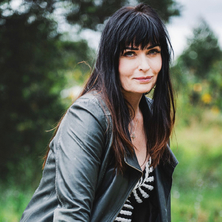
Behind every great advance in society is human thought, expression, and action. From medieval music to machine learning, from platform media to prehistoric tools, and from social structures to sustainable solutions, HASS research seeks to understand the past, optimise the present, and shape the future.
We embody excellence in our own research disciplines, and a spirit of curiosity and collaboration as we engage with other disciplines including medicine, biology, psychology, architecture, and law. We are seekers of new knowledge, and experts in established research methods. We ask new questions for an ever-changing world, and learn from ancient and dynamic Indigenous systems of knowing.
HASS research encompasses education and critical thinking, art and literary history, languages and linguistics, sociology and criminology, history and archaeology, music and drama, philosophy and ethics, creative writing and journalism, communication and media, and politics and international relations. It is the foundation for social cohesion, industry innovation, and community wellbeing. As we investigate and grow within our world - both creatively and critically - we welcome you to join us.
Professor Kim Wilkins, Associate Dean (Research)
Our research in action
-
-
HASS teaching excellence
25 February 2026
UQ Experts
Get in touch with an expert in our community.
HDR Opportunities
Opportunities for Research Higher Degree (HDR) students.
For HASS researchers
Information on our Research Team, funding, development and much more…



